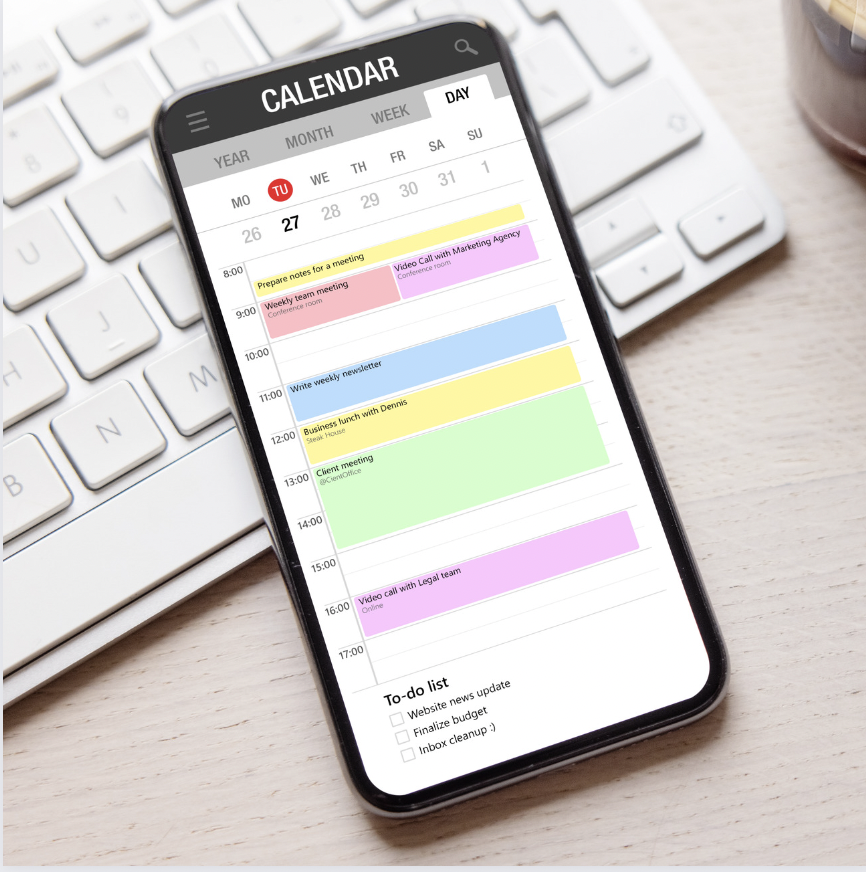Tick tock, tick tock- the countdown is on! AP exams are just days away, and we know that means a lot of stress and study overload for students. So what do you do if you’re trying to juggle exam prep for your four APs or can’t seem to manage your test anxiety? How do you possibly find time in your already- packed schedule for review? Easy! Read our list of last-minute study tips to ensure you’ll feel confident and ready to tackle your AP exams.
Identify what you know and don’t know
It’s crunch time, so you’ll need to be really strategic about your study plans. That means figuring out WHAT you need to study over the next several days. Look through your materials- practice tests, class notes, old assignments- to figure out exactly what you already know and don’t know. We recommend creating three categories to help you sort the content:
What I already know well…
What I’ll know better when I review…
What I don’t know at all…
Why the categories? Well, first of all, an organized list will make a year’s worth of AP content- which can be really overwhelming- much more manageable. Second, this method will likely boost your confidence when you see the long list of concepts you’ve already mastered. Third, you’ll be able to make better decisions about how much study time you’ll realistically need and what material you’ll need to focus on the most.
Book study appointments with yourself
Look closely at your calendar for the next week or two and identify specific windows of time that you can dedicate to studying each day. And by specific, we mean specific. Don’t just think to yourself, “I'm free on Sunday. I’ll study then.” Are you really going to spend your ENTIRE day studying? Probably not! And even if you do, you’re not going to get the best results by completing an 8+ hour cramming marathon. Your brain is going to tire out! Instead, divide your studying into smaller chunks of time each day, so you’re more likely to retain the material.
But how do you actually hold yourself accountable for studying every day? Book study appointments with yourself! After you find blocks of time in your day for studying, mark them off your calendar. Seriously, block them off as actual events on your Google calendar, just as you would a dentist appointment or a track practice. This way you’ll feel less stressed, knowing exactly when and where your studying fits into your day. And you’ll be more likely to stick to your plan. Bonus: even if you forget your study appointment, your phone will remind you!
Take a practice test…again
Hopefully you’ve taken practice tests before, but go ahead and take another one–or two– in the days leading up to your exam. Not only will the practice test help you identify any last minute weaknesses or gaps; it’s also great training for a timed exam. Just be sure NOT to take a practice test the night before the actual exam. Let your brain get some rest!
Sleep!
Speaking of rest, trading in sleep for all-night study sessions might seem like a great way to ace your AP exams, but it can actually end up having the opposite effect. Lack of sleep affects your ability to memorize and recall information AND decreases your concentration levels. Not to mention, less sleep can also also affect your mood, making you more likely to feel anxious and stressed when it comes time to take your test.
Not convinced by our parental-sounding advice? Then take a look at this scientific study: Should I study or should I go to sleep?
Reach out for help
If you’re feeling overwhelmed by your upcoming AP exams, remember that there are plenty of people who can help you. Organize a study session with friends, whether it’s to play a review game or complete some practice problems. Chances are they’ll be able to help you with confusing concepts and vice versa. Your parents and siblings can be great review buddies, too. They might not be experts in psychology or physics, but they can certainly quiz you on vocabulary. And don’t forget your teacher. They may be willing to organize an extra study session or offer you some additional advice or resources. You just have to ask!
Still feel like you need a bit more support in the coming weeks? Consider booking an academic coaching session with us! We can help you create a study schedule, organize your materials, develop strategies to combat test anxiety, and more. Schedule a meeting here.







